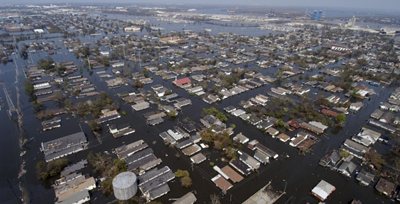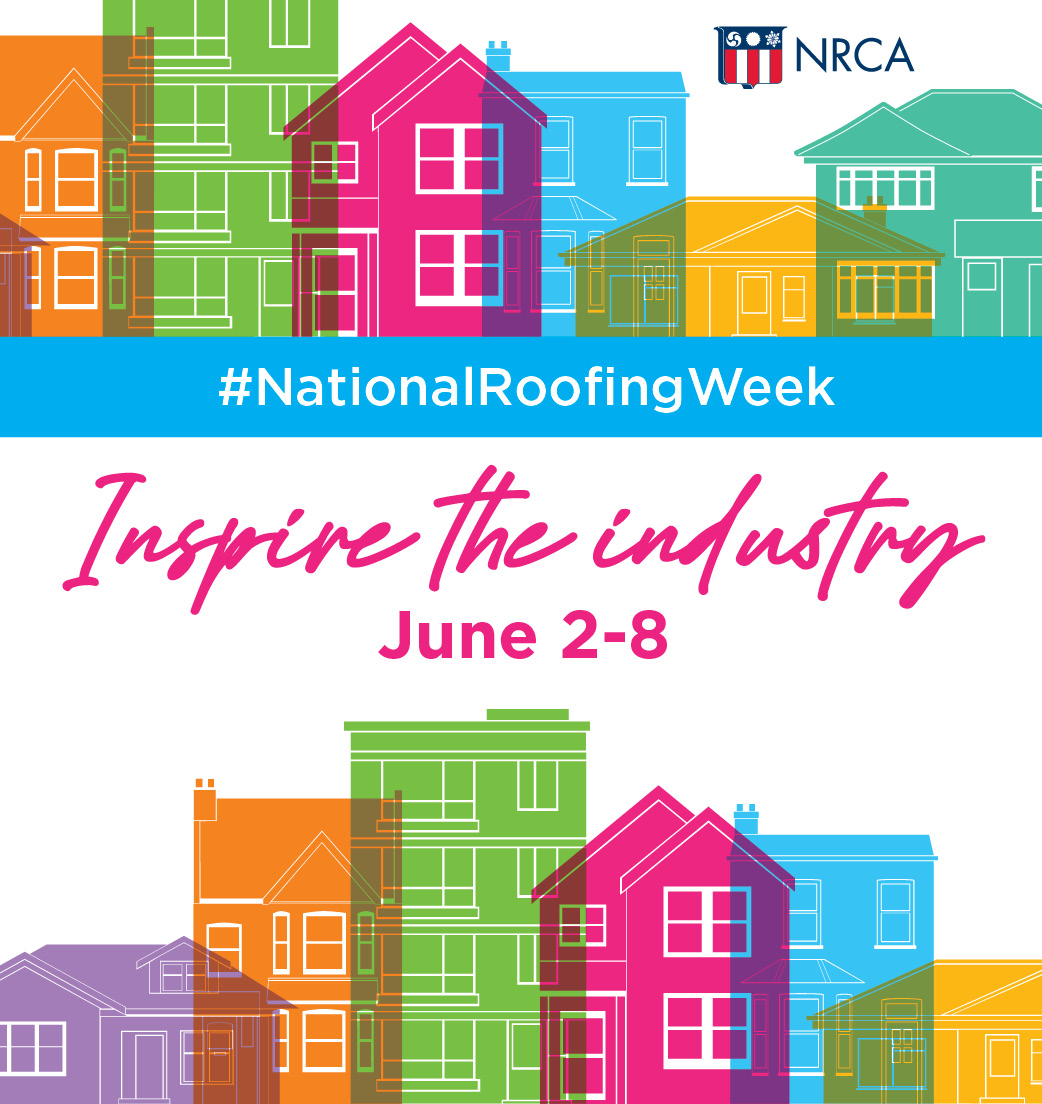What is Building and Roof Resiliency?

Building and roof resiliency is their ability to adapt to changing conditions and withstand and recover quickly.
By Metal-Era
Studies following Hurricane Katrina, which hit the Gulf Coast hard in August of 2005, showed that lax enforcement of building codes led to an increased number of damaged buildings, structural losses and property claims. At $41 billion in insured losses, this storm hold the title of being the costliest in the history of the industry.
Louisiana State University researchers in Baton Rouge found that had building codes been properly enforced the losses from the storm would have been reduced by a whopping 80 percent! Resiliency of buildings and roofs moved to the top of the priority list across communities who want to avoid a similar fate as those who suffered devastating losses during Katrina.
A few years ago, leading groups in America’s design and construction industry issued an industry statement on resiliency in which they acknowledge that planning, materials, design and construction can make communities more resilient when it comes to natural disaster. It is critical to ensure that buildings are constructed and renovated in accordance with modern building codes and designed to evolve with change in the built and natural environment.
Many of today’s sustainable roofing standards were developed after severe weather events. Minimum wind design speeds were raised following Hurricane Andrew in 1992 and coastal areas such as Miami-Dade County developed wind-borne debris standards and enhanced uplift testing.
During Hurricane Sandy, we learned that roofs played an important role in keeping building occupants safe and secure. Locating power and water sources on rooftops would have made an impact in keeping emergency lighting lit and fresh water available when flooding threatened systems housed in building basements.
The building industry is working cooperatively to meet the challenge of developing solutions that deliver superior building performance while staying cost- and resource-efficient. About Metal-Era Metal-Era is already committed to training and supporting our contractors on installation of roof edges and many of our products are ANSI/SPRI/FM4435/ES-1 tested and FM approved. For more information, please visit our product pages or contact us at 800-558-2162 or info@metalera.com.








-2.png)









Comments
Leave a Reply
Have an account? Login to leave a comment!
Sign In